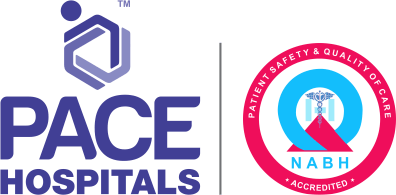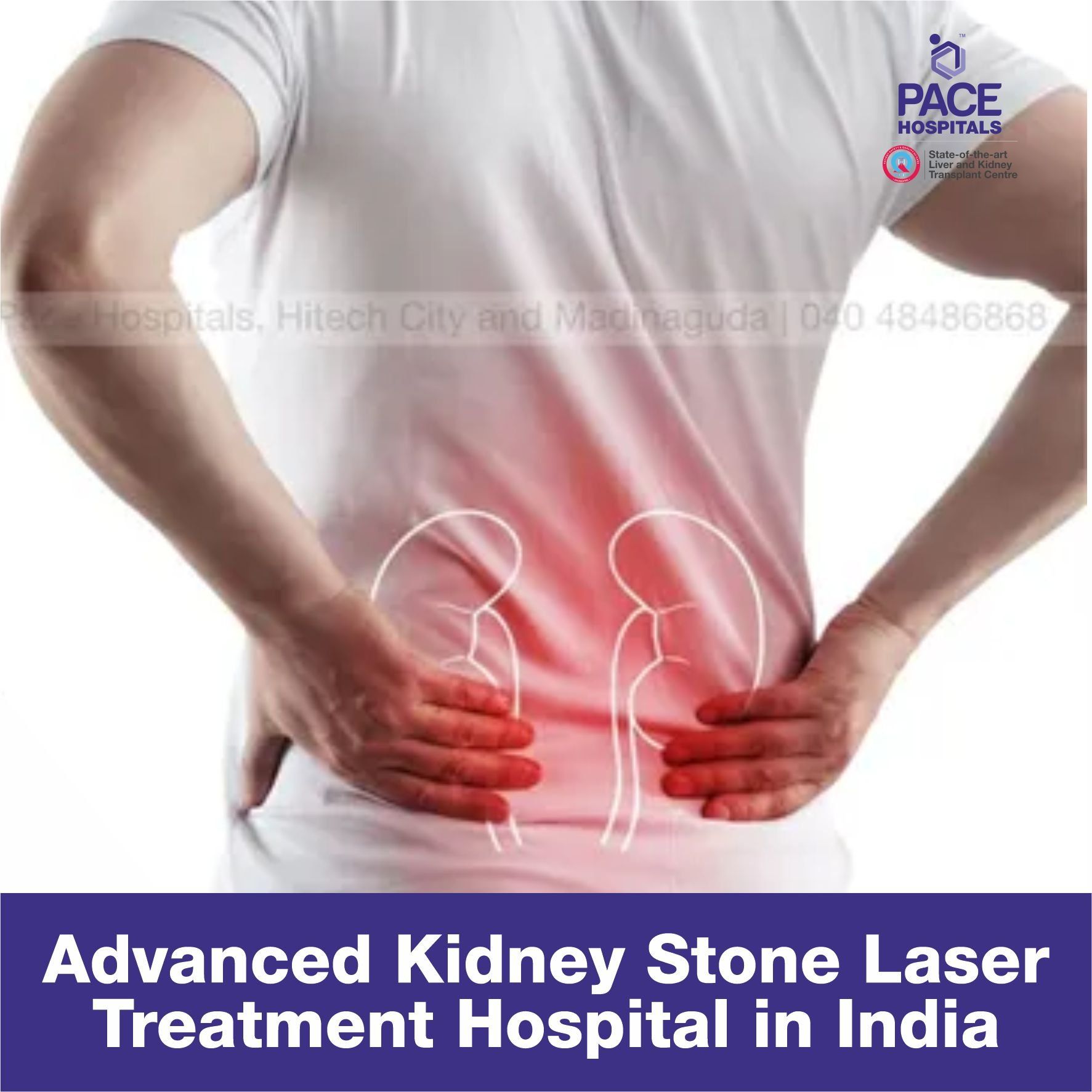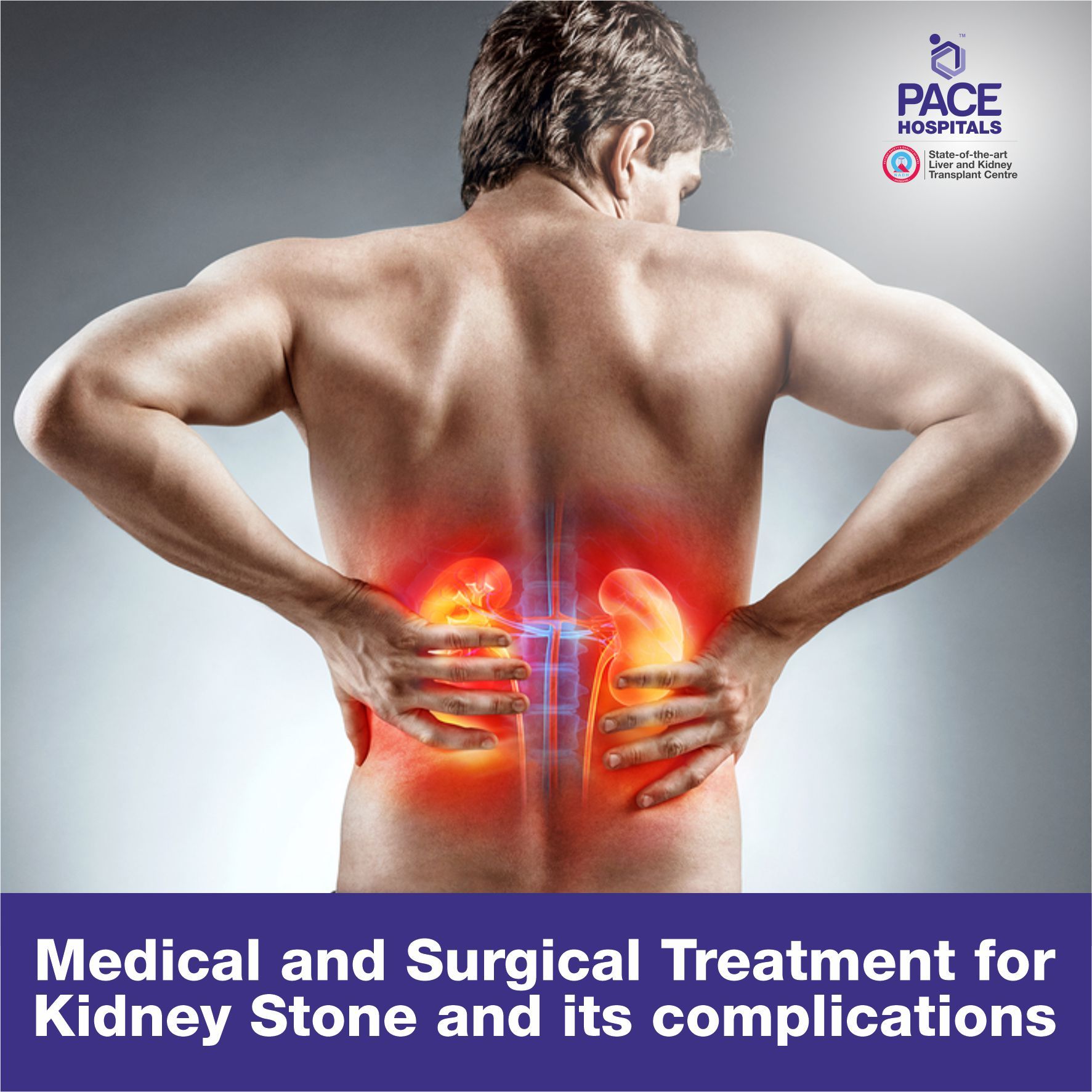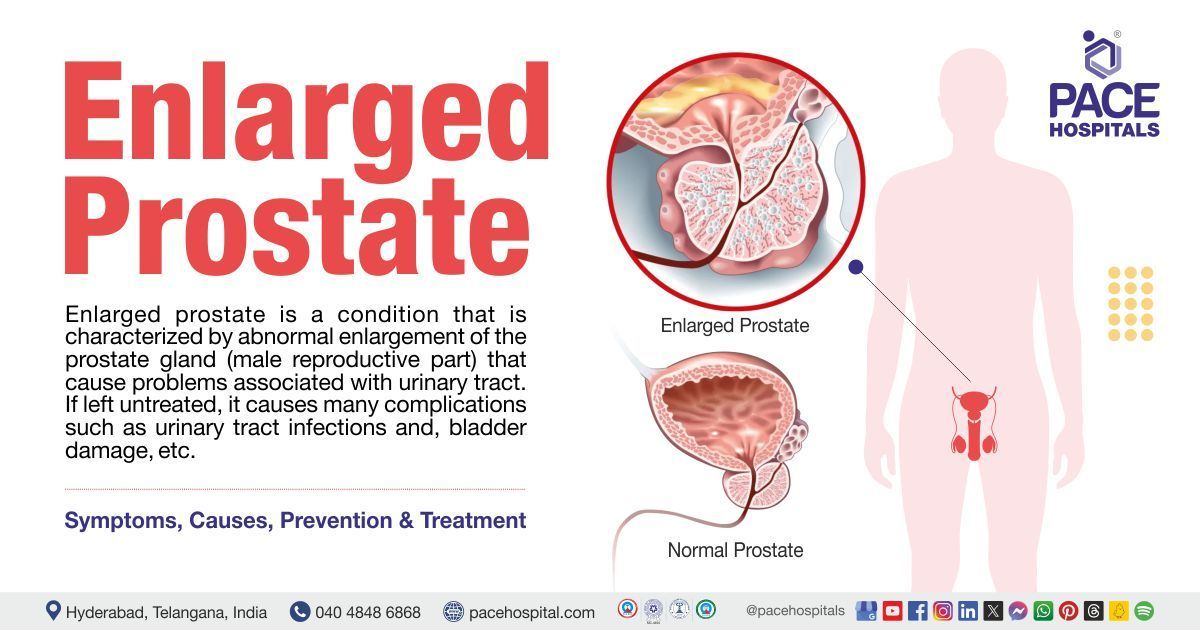Kidney Stones Treatment in Hyderabad | Surgery and Cost
We have team of the best kidney stone treatment doctor in Hyderabad. They are expert in performing Retrograde Intrarenal Surgery (RIRS), Percutaneous Nephrostolithotomy (PCNL) for kidney stone and Ureterorenoscopic Lithotripsy (URSL) with holmium laser.
PACE Hospitals is one of the best kidney stone treatment hospital in Hyderabad, Telangana, India; offer kidney stone removal treatment based on the place and size of the stone. Our latest Holmium YAG laser technology offers the patient:
- faster recovery time
- advanced care for quicker recovery.
Request an appointment for Kidney stone treatment
Kidney Stone Treatment Enquiry
Thank you for contacting us. We will get back to you as soon as possible
Regards
Pace Hospitals
T: 04048486868
Whatsapp: 7842171717
Oops, there was an error sending your message.
Please try again later
Regards
Pace Hospitals
T: 04048486868
Whatsapp: 7842171717
We are one of the best hospital for kidney stone laser treatment in Hyderabad backed up with team of the best kidney stone specialist doctors, kidney stone removal surgeons, urologist, nephrologist, kidney transplant surgeon, laparoscopic surgeon, paramedical staff, dietitian and physiotherapist in India.
We are equipped with “The World’s First Universal Surgical Robotic System”, State-of-the-art facility, world-class laser treatment equipment offering comprehensive treatment for all types of kidney stones - calcium phosphate stones, calcium oxalate stones, cystine stones, uric acid stones, struvite stones and its complications.

Our Nephrology and Urology department is equipped with advanced technology and world-class infrastructure, offering comprehensive care and treatment for common urological problems like urinary stones, prostate diseases, urinary infections, urethral stricture, and malignancies.
Our team of nephrologist and urologist are experts in diagnosing and treating conditions related to the male and female urinary tract and the male reproductive organs. We offer several advanced minimally invasive surgeries including laparoscopic and retroperitoneoscopic surgeries related to kidney and ureter, urethra, bladder, and prostate.
Kidney stone diagnosis
The diagnosis of kidney stones begins with a medical history and physical examination. Urologists will begin by asking you about your medical history and any symptoms you're experiencing. Common symptoms of kidney stones may include severe pain in the back or side, blood in the urine (hematuria), frequent urination, and pain during urination. When they started, how severe they were, and where the pain is located. They will also ask about your medical history, including any other medical conditions you have, any medications you are taking, and your family history of kidney stones.
Physical examination may be performed to check for signs of tenderness or pain in the abdomen or back. Urologist may also order some tests, including:
- Urinalysis: This test checks your urine for blood, white blood cells, bacteria, and crystals that may form kidney stones.
- Blood tests: These tests can check for high levels of minerals in your blood, such as calcium, uric acid, and cysteine, which can all lead to kidney stones.
- Imaging tests: Imaging tests can show the location and size of kidney stones. The most common imaging tests used to diagnose kidney stones are:
- X-rays: Plain X-rays of the abdomen and/or kidneys (known as a X-ray KUB) can help detect the presence of most kidney stones, especially those composed of calcium.
- Ultrasound: This test uses sound waves to create images of your kidneys, ureters, and bladder.
- Computed tomography (CT) scan: This test uses X-rays to create detailed images of your kidneys, ureters, and bladder. CT scans are more sensitive than ultrasounds at detecting kidney stones.
- Intravenous Pyelogram (IVP): This is a less commonly used test where a contrast dye is injected into a vein, and X-rays are taken as the dye moves through the urinary tract. It can provide information about the anatomy of the urinary system and the presence of kidney stones.
If you have a kidney stone, the urologist will need to determine the type of stone you have. This can be done by analyzing the stone if you pass it, or by performing a procedure called an ureteroscopy. Ureteroscopy is a minimally invasive procedure in which a thin tube with a camera on the end is inserted into your ureter to view the stone.
Once a kidney specialist doctor has diagnosed a kidney stone, they will develop a treatment plan based on the size, location, and type of stone.
Treatment for kidney stones / renal stones
Some kidney stones / renal stones can get past out on their own. If stones become lodged in the urinary tract, are associated with a urinary infection or cause complications require a surgical treatment.
Management and treatment of kidney stone depends upon the size of the stone, exact location and consistency of stone. Based on the patient's conditions initially, drug or medication therapy including diet and lifestyle modifications are advised. Still if stone not yet dissolved then kidney stone removal surgery is done to prevent the kidney function from deteriorating and prevent the further complications. In case of any complications such as urinary infection or kidney damage, open surgery is performed.
There are mainly these four types of non-invasive procedures and surgery which are performed based on the size and location of the stone:
- Retrograde Intrarenal Surgery (RIRS) - Ureterorenoscopy using flexible ureteroscope is called Retrograde Intrarenal Surgery (RIRS). In this surgery, stones can be removed from anywhere in the tract.
- Ureterorenoscopic Lithotripsy (URSL) with Holmium Laser – Surgeon uses a thin and flexible device called Ureteroscope to reach the kidney through the bladder and ureter when the stone is stuck within the ureter or bladder. The laser fiber is used to transmit the Holmium energy that breaks up the kidney stone and the surgeon removes the pieces from the urethra, smaller pieces passes through urine.
- Extracorporeal Shock Wave Lithotripsy (ESWL) – In this non-invasive procedure, non-electrical shockwaves that are transmitted through the body to break the kidney stones into the smaller pieces so that they can pass through urine.
- Percutaneous Nephrostolithotomy (PCNL) Procedure - The surgeon creates a tiny incision in the side or the back and insert a nephroscope to locate and remove the kidney stones, in case of larger stones shock wave or lasers used to break them into the smaller pieces.
Patient Testimonial: Kidney Stone Removal through Retrograde Intrarenal Surgery (RIRS) - the best kidney stone treatment in Hyderabad
Frequently Asked Questions
Which treatment is best for kidney stones?
There is no best treatment as such for kidney stones, we are having different modalities of the treatment based on the size of stone or stone load and placement. Selection of the best medical and surgical treatment depends upon the patients’ medical conditions and location of the stone. For example if stone size or load is more than 2 cm then PCNL surgery is the best treatment option else in case of stone size or load is less than 2 cm then RIRS surgery is the best treatment option.
What is the kidney stone laser treatment cost in India?
The average cost of kidney stone laser treatment in India is approximately Rs. 1,25,500 (one lakh twenty five thousand five hundred only). However, kidney stone laser treatment cost in India vary depending upon the different hospitals in different cities.
What is the kidney stone laser treatment cost in Hyderabad?
The average cost of kidney stone laser treatment in Hyderabad is approximately Rs. 85,000 to Rs. 1,75,000 (eighty-five thousands to one lakh seventy-five thousands). However, laser treatment for kidney stones cost depends upon the multiple factors such as room selection and insurance for cashless facility.
Is laser treatment for kidney stones painful?
At Pace Hospitals, our state-of-the-art facility equipped with Holmium-YAG laser technology that helps us to remove kidney stones efficiently with minimal trauma and quicker patient recovery times.
Laser treatment for kidney stones is a painless minimal invasive procedure and effective for removing both small and large kidney stones.
Why is RIRS best for kidney stone treatment?
Retrograde Intrarenal Surgery (RIRS) is one of the best minimally invasive technique for kidney stone removal treatment. It comes under endourology speciality, a sub-specialty area of urology. Flexible ureteroscope made the intrarenal lithotripsy possible this helps surgeons to view any part of urinary system such as the urethra, bladder and ureter and remove stone.
It has several advantages that include - shorter hospital stay and quicker recovery time without any incision on the body of the person.
What is kidney stone removal laser treatment cost in Pace Hospitals?
At Pace Hospitals, we offer world-class treatment to the patients for kidney stone removal treatment. The kidney stone treatment cost ranges vary from Rs 45,000 to 1,75,000, and it depends upon the kidney stone size, place, type of the surgery or non-invasive procedures, room for hospital stay, any services availed during treatment apart from package and approvals in case of cashless treatment such as central government health scheme (CGHS), health insurance, employees and journalists health scheme (EHS), employees' state insurance (ESI) etc.
Whom to consult for kidney stones treatment?
If a person is diagnosed with kidney stones or renal stones, then should consult a urologist. Based on the size, location of the kidney stone, symptoms and medical conditions, a urologist might prescribe medication to break down the kidney stone into the smaller pieces so that they can pass out through urine. In the case of a bigger kidney stone that is not coming out with medication, a urologist will perform kidney stone removal surgery to prevent infection and further complications in the future.
What are the side effects of kidney stone laser treatment?
As such, if performed meticulously there is zero side effects of kidney stone laser treatment. So we do not have any side effects with these treatments, and almost all the procedures are 100% curative. Unless there are some interaoperative setback like, if at all the laser burns the mucosa of the ureter or the kidney then the chances of bleeding or the stricture formation are the possibilities and even sometimes when there is infection prior to surgery, if the urine culture is positive when we go ahead with the kidney stone laser treatment. So ideally we are supposed to perform urine culture and treat the culture accordingly and then go ahead with the stone treatment. Other side effects such as stricture urethra or bleeding can be avoided if the procedure is done meticulously.
What is RIRS surgery cost in India?
The average cost of Retrograde Intrarenal Surgery (RIRS) in India is approximately Rs. 1,15,000 (one lakh fifteen thousand only). However, cost of RIRS surgery in India may vary depending upon the different hospitals in different cities.
RIRS surgery cost in Hyderabad ranges vary from Rs. 90,000 to Rs. 1,10,000 (ninety thousand to one lakh ten thousand). However, cost of RIRS surgery depends upon the multiple factors such as selection of room for hospital stay and corporate, CGHS, EHS, ESI or insurance approval for cashless facility.
What is URSL surgery cost in India?
The average cost of Ureterorenoscopic Lithotripsy (URSL) in India is approximately Rs. 68,700 (sixty-eight thousand seven hundred only). However, ursl procedure cost in India may vary depending upon the different hospitals in different cities.
URSL surgery cost in Hyderabad ranges vary from Rs 45,000 to 65,000 (forty-five thousand to sixty-five thousand). However, ursl procedure cost depends upon the multiple factors such as hospital, room selection and insurance or corporate approvals for cashless facility.
What is lithotripsy cost in India?
The average cost of Extracorporeal Shock Wave Lithotripsy (ESWL) in India is approximately Rs. 65,500 (sixty-five thousand five hundred only). However, lithotripsy cost in India may vary depending upon the different hospitals in different cities.
Lithotripsy cost in Hyderabad ranges vary from Rs. 40,000 to Rs. 55,000 (forty thousand to fifty-five thousand). However, Extracorporeal Shock Wave Lithotripsy cost depends upon the multiple factors such as hospital, room selection and insurance for cashless facility.
What is PCNL surgery cost in India?
The average cost of PCNL surgery cost in India is approximately Rs. 95,400 (ninety-five thousand four hundred only). However, the cost may vary depending upon the different hospitals in different cities.
PCNL surgery cost in Hyderabad ranges vary from Rs. 80,000 to Rs. 90,000 (eighty thousand to ninety thousand). However, PCNL surgery cost depends upon the multiple factors such as room selection during hospital stay and insurance for cashless facility.
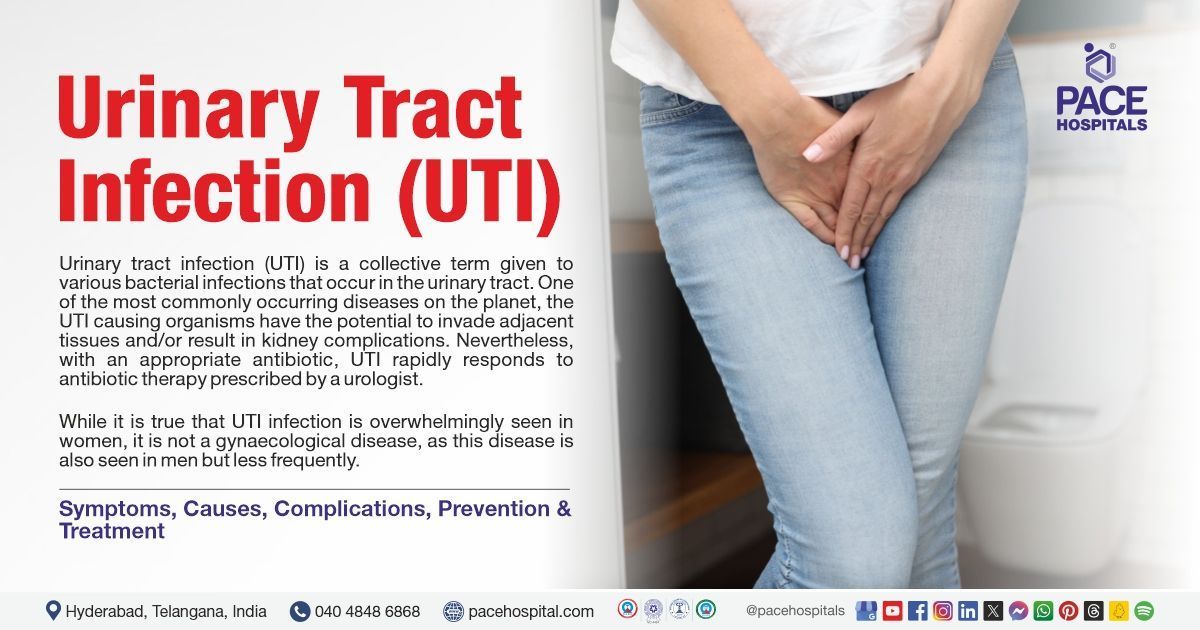
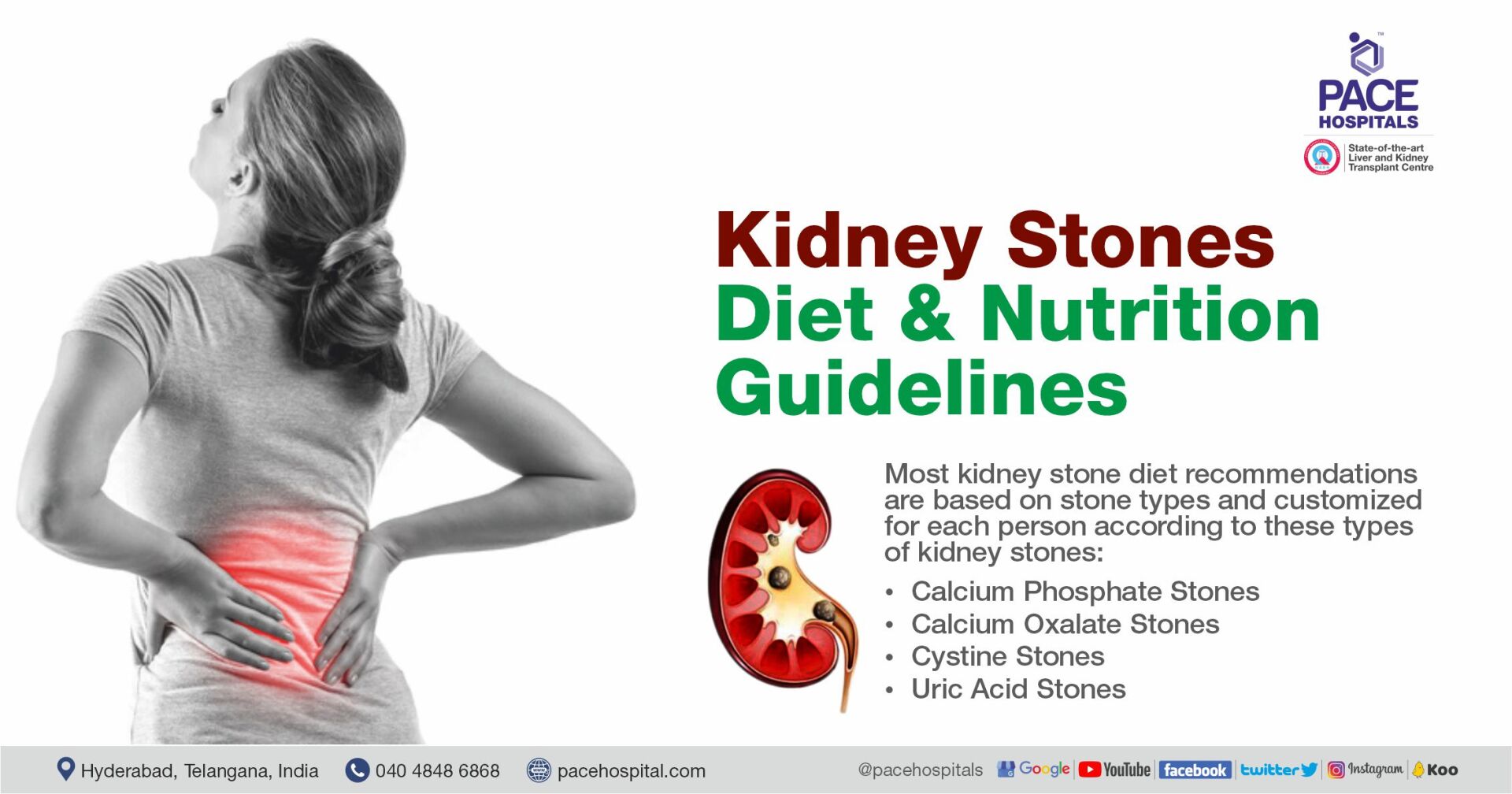
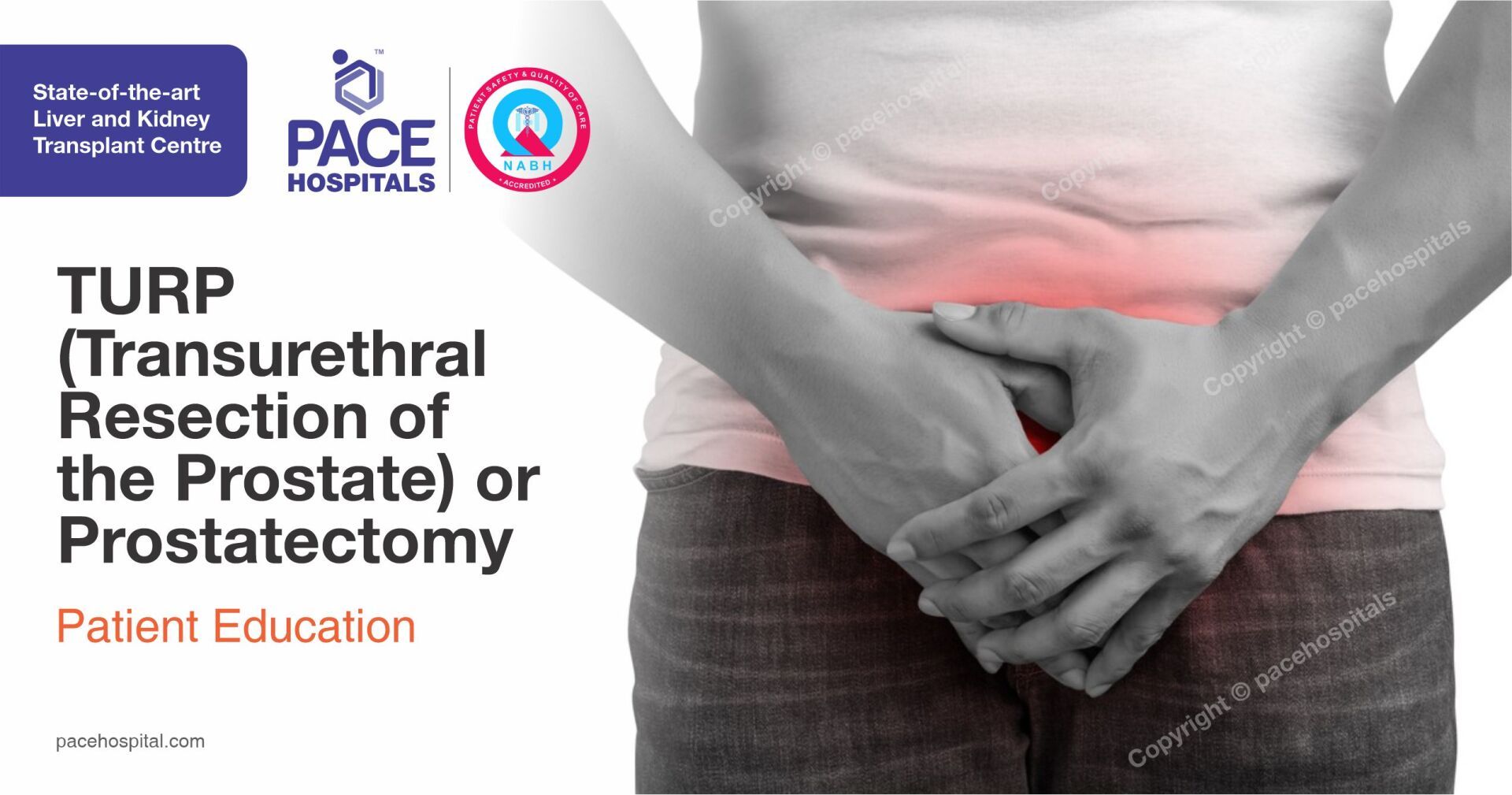
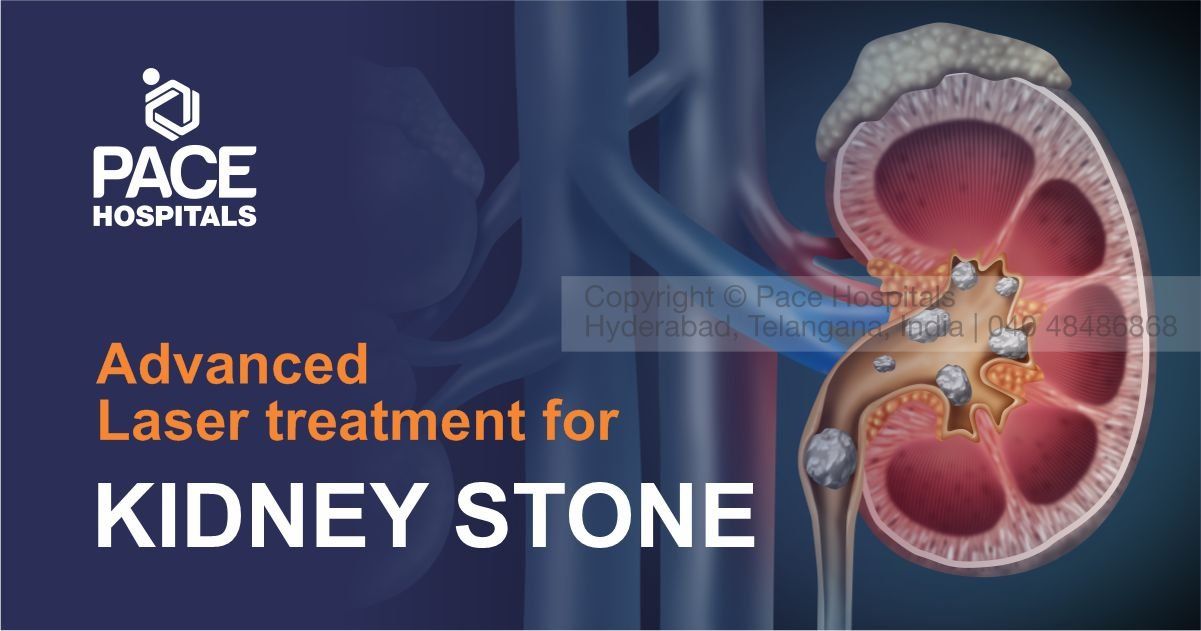
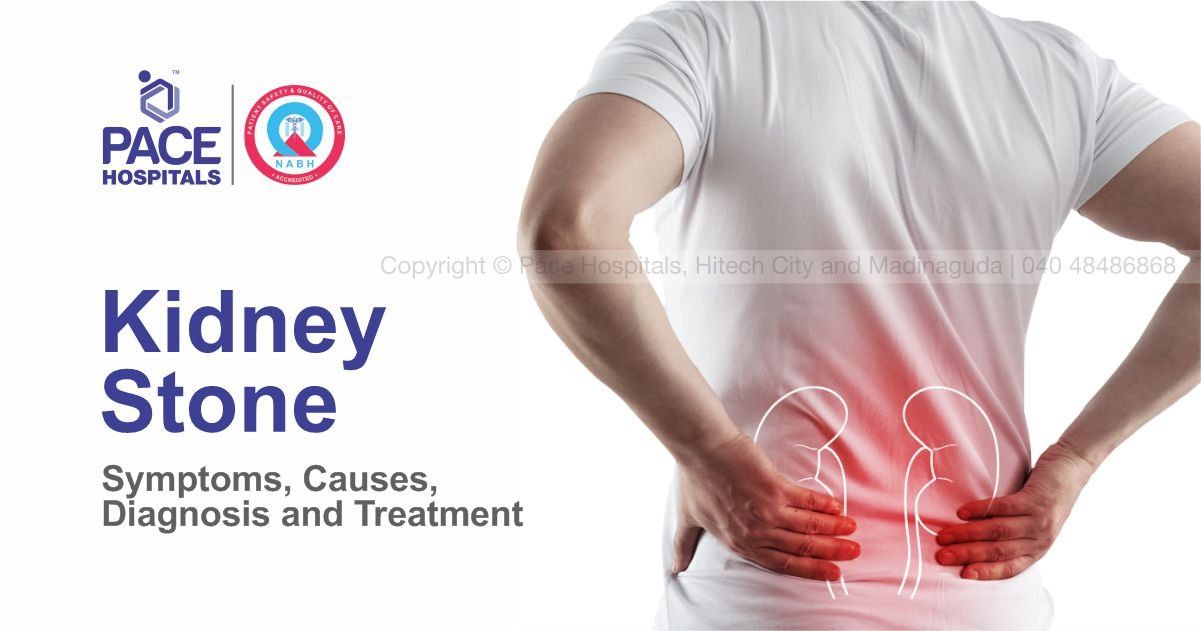
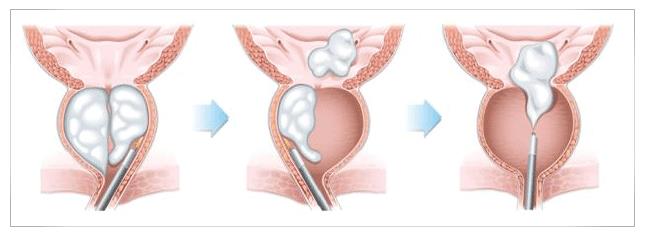
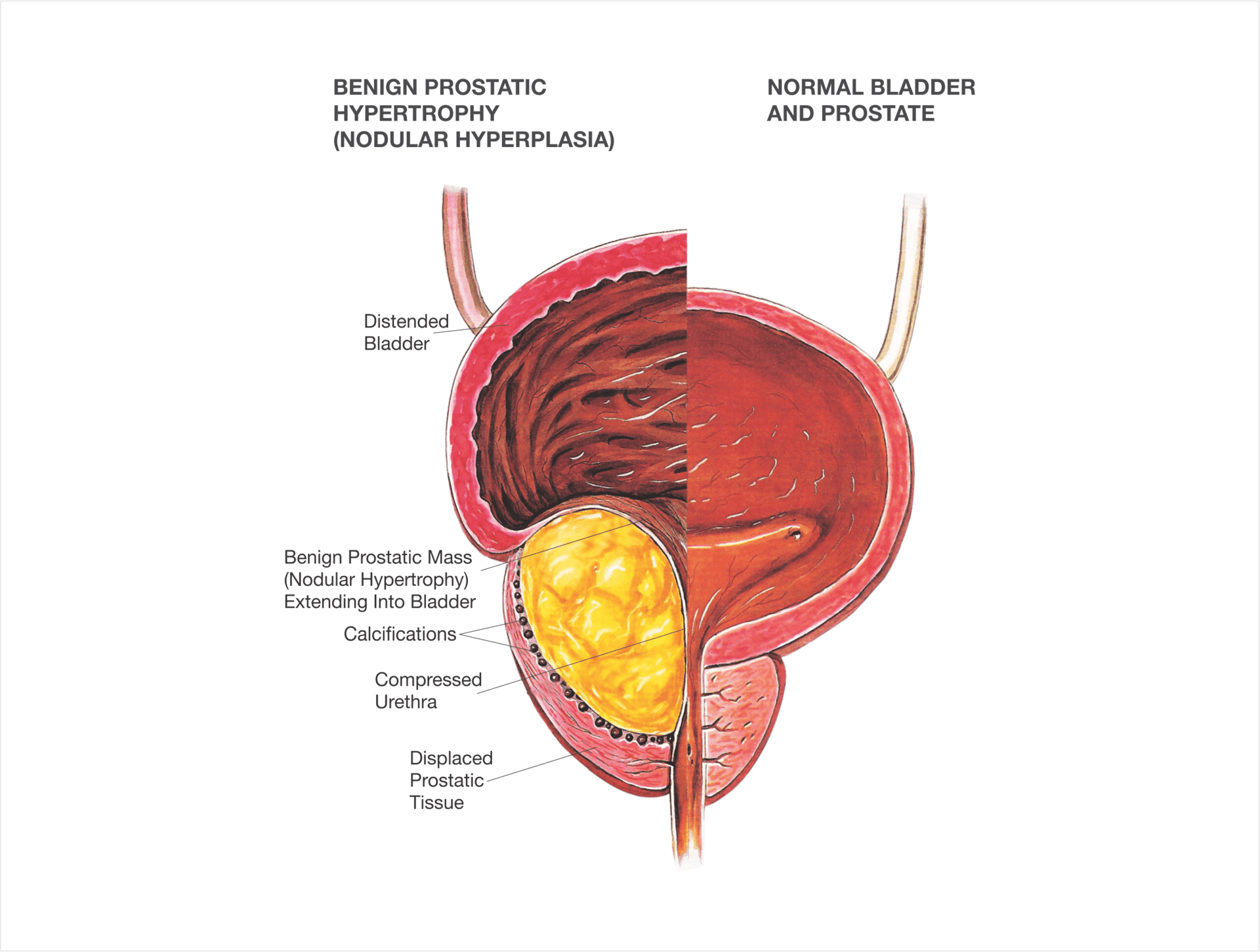
Why Pace Hospitals?
- 150+ bedded super speciality hospital, CGHS & ISO accreditation.
- NABH and NABL accreditation.
- State-of-the-art Liver and Kidney transplant centre.
- Empanelled with all TPA’s for smooth cashless benefits.
- Centralized HIMS (Hospital Information System).
- Computerized health records available via website.
- Minimum waiting time for Inpatient and Outpatient.
- Round-the-clock guidance from highly qualified surgeons and physicians.
- Standardization of ethical medical care.
- 24X7 Outpatient & Inpatient Pharmacy Services.
- State-of-the-art operation theaters.
- Intensive Care Units (Surgical and Medical) with ISO-9001 accreditation.
Request an appointment
or Call us at 04048486868
Our Locations
Subscribe to our newsletter and stay updated with the latest health information.
By clicking on subscribe now, you accept to receive communications from PACE Hospitals on email, SMS and Whatsapp.
Subscribe to PACE Hospitals News
Thank you for subscribing. Stay updated with the latest health information.
Oops, there was an error. Please try again submitting your details.
-

Payment in advance for treatment (Pay in Indian Rupees)
For Bank Transfer:-
Bank Name: HDFC
Company Name: Pace Hospitals
A/c No.50200028705218
IFSC Code: HDFC0000545
Bank Name: STATE BANK OF INDIA
Company Name: Pace Hospitals
A/c No.62206858997
IFSC Code: SBIN0020299
Scan QR Code by Any Payment App (GPay, Paytm, Phonepe, BHIM, Bank Apps, Amazon, Airtel, Truecaller, Idea, Whatsapp etc)
Call us at 04048486868
ADDRESS
PACE Hospitals
Hitech City : Beside Avasa Hotel, Pillar No. 18, Hyderabad - 500081
Madinaguda: Mythri Nagar, Beside South India Shopping, Madinaguda, Hyderabad - 500050
QUICK LINKS
Disclaimer
General information on healthcare issues is made available by PACE Hospitals through this website (www.pacehospital.com), as well as its other websites and branded social media pages. The text, videos, illustrations, photographs, quoted information, and other materials found on these websites (here by collectively referred to as "Content") are offered for informational purposes only and is neither exhaustive nor complete. Prior to forming a decision in regard to your health, consult your doctor or any another healthcare professional. PACE Hospitals does not have an obligation to update or modify the "Content" or to explain or resolve any inconsistencies therein.
The "Content" from the website of PACE Hospitals or from its branded social media pages might include any adult explicit "Content" which is deemed exclusively medical or health-related and not otherwise. Publishing material or making references to specific sources, such as to any particular therapies, goods, drugs, practises, doctors, nurses, other healthcare professionals, diagnoses or procedures is done purely for informational purposes and does not reflect any endorsement by PACE Hospitals as such.
